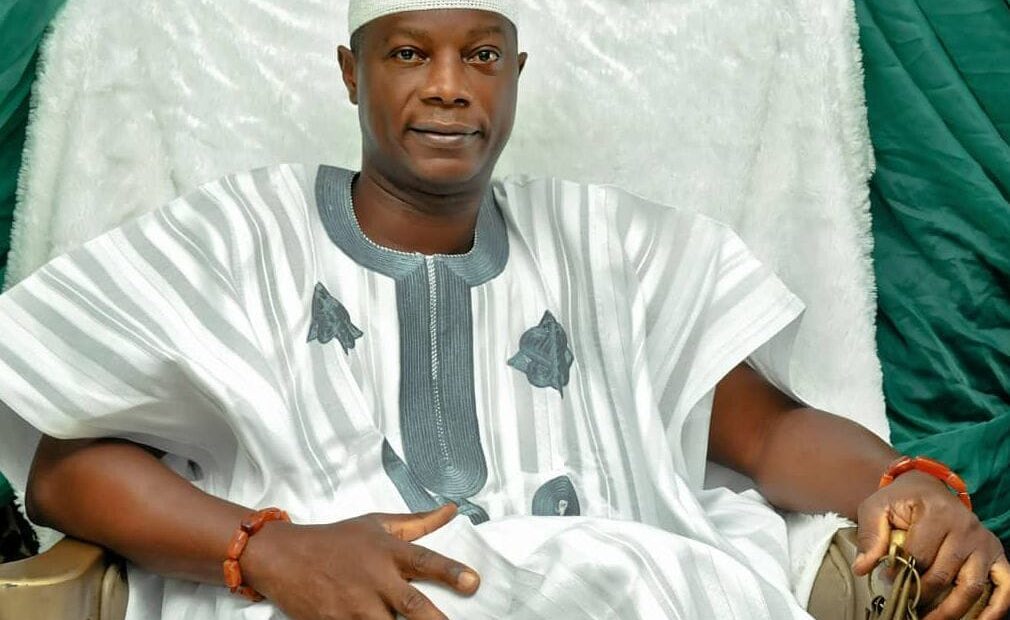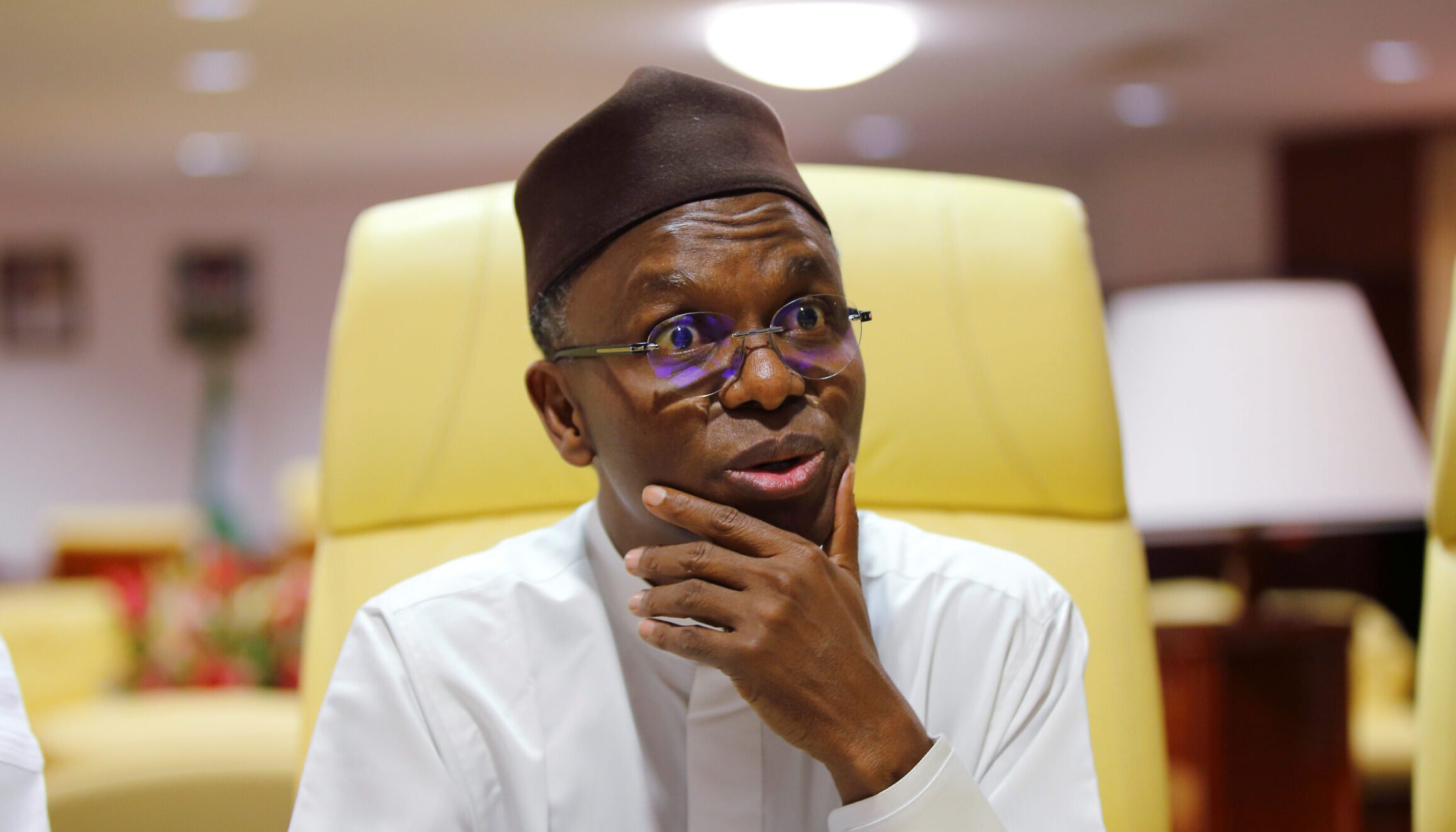Oloja of Lagos Elect Chronicles Kosoko’s struggle to ascend the throne of Oba of Lagos

By Daniel Adaji, Musa Peace
In the annals of Lagos history, the story of Kosoko, an heir apparent to the throne but never crowned continues to intrigue generations.
In a deep dive into the history of Kosoko, the Oloja of Lagos State, WikiFact-Checkers in partnership with the Lagos State Council for Arts and Culture and the Wikiloves Lagos Team visited the Oloja of Lagos Elect.
The Oloja of Lagos Elect Prince Abiola Olojo-Kosoko, narrated how Morounfolu Eshinlokun who was nicknamed Kosoko, an heir to the throne of Oba of Lagos was denied his right to the traditional stool.
Prince Abiola explained that Kosoko’s life was marked by uniqueness, stemming from his multiple births and an unusual birthmark.
According to the Oloja elect, Kosoko hailed from a lineage deeply connected to spiritual practices, with his great-grandfather being a revered Babalawo (juju priest). Kosoko’s lineage had a close association with the Eshu deities, symbolized by the stones he possessed, adding a mystical aspect to his story.
“But something happened in the course of his return. He came back with two stones with him. Those two stones are still available at king Kosoko palace till date. The stone is also mentioned in his ‘oriki’. There was one in the compound before he brought the other ones that make the stones three. His metaphysical power is linked to those stones representing the three esus (Esu oriomi, Esu inuomi, Esu ori-ile, Ota inu omi ),” he said.
He further added that in 1757, during the reign of Oba Ologun Kutere, Kosoko’s father, Prince Eshinlokun, married Princess Omoyeni of the Ewu clan, siring six children, with Kosoko being the first.
Despite being the rightful heir, political intrigue and family dynamics forever altered his fate
Prince Abiola explained that Kosoko’s life took a dramatic turn when his father ascended the throne as Oba of Eko, culminating in events that saw him titled Kosoko. However, despite being the rightful heir, political intrigue and family dynamics forever altered his fate.
The traditional ruler elect noted that, when Adele Ashoshun was unexpectedly chosen as Oba of Lagos during Eshinlokun’s absence, Kosoko’s destiny shifted. The Ashoshun reign was marred by controversy, as the people did not want him as king, the Oba of Benin was contacted and he gave Ashoshun the option of abdicating the throne or commit suicide. The embattled king chose the latter leading to the coronation of Ide-Ewu, Kosoko’s younger brother as king. The palace became a political battleground, setting off a series of wars within the kingdom.
As destiny unfolded, the throne seemed within reach for Kosoko, but fate had other plans. “Despite being chosen by the Ifah and the royal family, Adele’s son, Oluwole, was chosen as Oba by the then Ifah priest Peluwa, sparking internal strife. This internal conflict rippled into four major wars, further entrenching the legacy of Kosoko as the unfulfilled heir to the throne of Lagos, leaving behind a tale of curses, twists, and the enigmatic stones of Esu,” he noted.
Earlier, Mr Idowu Johnson, the Director of Lagos State Council for Arts and Culture, said the council would harness the authentic history of Lagos State through traditional rulers that ruled before the emergence of the state.
Johnson said this would help in proper preservation and marketing of the state as a choice destination to intending tourists.
This project was executed by the WikiFact-Checkers in partnership with the Lagos State Council for Arts and Culture and the Wikiloves Lagos Team
The Insight Report
Nigeria Coverage



